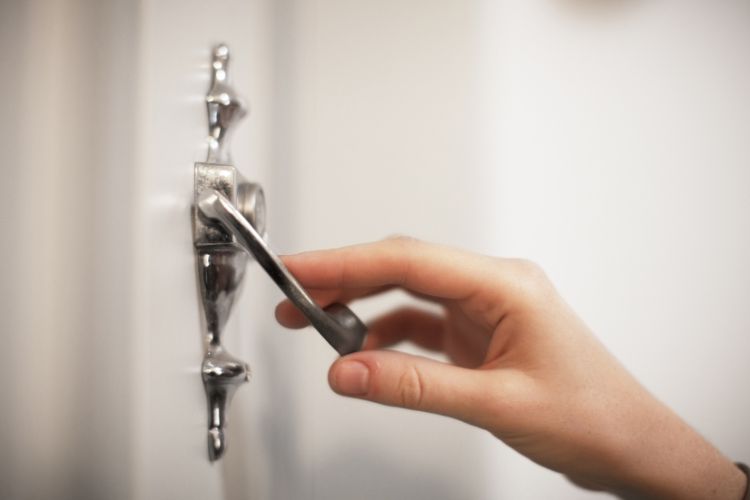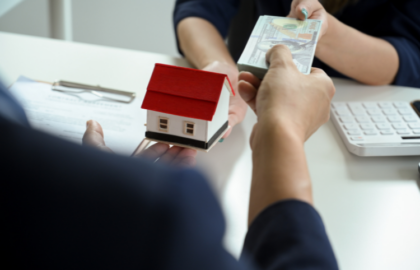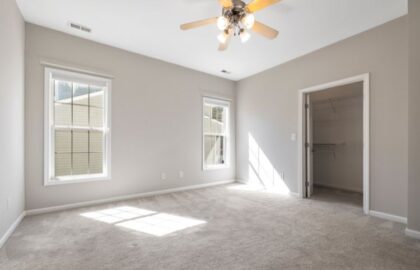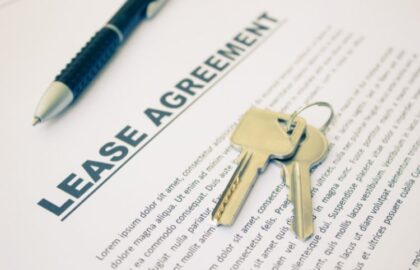
As an Australian landlord or someone managing a rental property, it’s important to understand the guidelines around direct contact with your tenants.
The rules can vary depending on your state or territory, but generally there are parameters around when and how you can reach out to the people renting your investment property.
In this article, we’ll dive into the dos and don’ts of landlord-tenant communication, covering topics like notice periods, entry without consent, and how to handle maintenance and other tenant-related matters.
By the end, you’ll have a clearer picture of your rights and responsibilities when it comes to directly contacting your residential tenants.
Landlord-Tenant Communications in Australia: A Brief Overview
Effective communication is crucial for successful landlord-tenant relationships in Australia.
Establishing open lines of communication is essential for building trust and ensuring clarity around expectations, policies, and responsibilities.
Landlords and tenants should agree on their preferred methods of communication, whether that’s by phone, email, or even a property management software platform.
Regular check-ins help address any ongoing issues promptly, and documenting significant communications in writing can prevent misunderstandings down the line.
Transparency in policies and expectations, as well as clear tenancy agreements and discussions during the lease signing process, set the tone for a respectful and cooperative rental relationship.
Providing property maintenance guidelines can also help prevent misuse and ensure quick responses to any necessary repairs or upkeep.
By actively listening, showing empathy, and focusing on finding mutually agreeable solutions, landlords and tenants can effectively resolve any conflicts that may arise.
Both parties should also be aware of their legal obligations and privacy rights when it comes to direct communication.
Read also how often carpets should be replaced in a rental.
For Landlords: When Do I Need to Contact My Tenant?
Conducting Inspections

Landlords have the right to enter a rental property for routine inspections, but you must provide your tenant with reasonable notice, usually between 7-14 days. These inspections are typically permitted every 3-6 months.
You are also allowed to enter the property to show it to prospective tenants or buyers, but again, appropriate notice is required.
Breach of Tenancy Agreement
If your tenant has breached the rental agreement, such as by not paying rent or causing damage, you’ll need to provide them with a breach notice. This gives them a set amount of time, often 14 days, to rectify the issue.
If they fail to do so, you may then be able to take further action, such as issuing a termination notice.
Rent Increases
As a landlord in Australia, you generally cannot increase the rent during a fixed-term lease agreement. However, you may be able to do so if there is a relevant clause in the tenancy agreement.
To raise the rent, you’ll need to provide your tenant with proper written notice, usually between 60-90 days depending on the state or territory. Be sure to check the specific requirements in your area.
See more on how much a landlord can increase the rent in Qld.
Property Sales
If you plan to sell the rental property, you’ll need to notify your tenant in advance. Typical notice periods range from 14-60 days, depending on the circumstances. Some regulations can vary from state to another as well.
Your tenant has the right to be compensated for any reasonable costs incurred due to the property being on the market, such as for open inspections.
Emergency Access
In the case of an emergency, such as a burst pipe or electrical failure, you may need to access the property without providing prior notice. However, you should still make every effort to inform your tenant as soon as possible.
For Tenants: How Can I Contact My Landlord Directly?
If you need to get in touch with your landlord for any reason, you can use the contact details provided in your rental agreement. This could include their email address, phone number, or mailing address.
Keep in mind that some landlords may prefer to minimise direct contact and instead communicate through the property manager.
Reasons to Contact Your Landlord

There are a few key scenarios where you may need to directly contact your landlord, such as:
- Reporting urgent maintenance issues or emergencies
- Requesting permission for modifications or alterations to the property
- Discussing a potential rent increase or lease renewal
- Providing notice of your intention to vacate the property
Maintaining Open Communication
While property managers often handle the day-to-day tenant communication, having direct access to your landlord’s contact details can be useful for building a productive rental relationship.
Just be mindful of their preferences and try to follow any specific guidelines they’ve provided.
FAQs
How do you politely email a landlord?
When emailing your landlord, be professional and courteous. Start with a friendly greeting, clearly explain the purpose of your message, and end with a polite closing. Avoid making demands.
What do you say in a message to a landlord?
In a message to your landlord, state the reason for contacting them, such as a maintenance issue or request. Provide relevant details, suggest a preferred method of communication, and end by thanking them for their attention to the matter.
How do I write an official letter to a tenant?
When writing an official letter to a tenant, use a formal tone and structure. Clearly state the purpose, whether it’s a notice of rent increase, lease renewal, or termination.
Reference the rental agreement and include any required notice periods. Close the letter by providing your contact details.
Final Thoughts
As a landlord or tenant in Australia, understanding the appropriate ways to communicate can help foster a positive rental relationship.
Remember to be transparent, respectful, and follow the applicable laws and regulations in your state or territory.
By maintaining open and constructive dialogue, you can address issues promptly and ensure a smooth rental experience for all involved.







